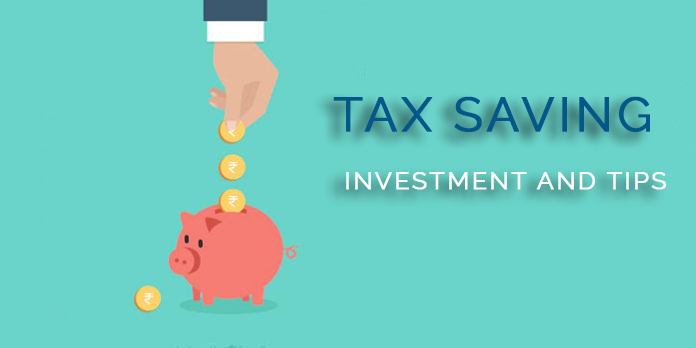These days fantasies (or even simple desires, for some) come at a high price tag. It’s a challenge that many young adults encounter in their mid-20s. Before they get down to optimizing their lives, the twin behavioral forces of denial and indecisiveness drive most people into their 30s. Often this leads to poor investment decisions, defective investments, unmet expectations, and subsequent financial insecurity.
But saving your income from the tax-man isn’t really a tall order. With some careful tax planning and efforts, it’s possible to save significant amounts. Here are a couple of tips for making a financial plan the very day you begin to work, so you don’t have to fumble to fund every ambition:

The interest generated on the funds in a savings bank account is recognized as income according to our Income Tax laws. But there’s a caveat – the first Rs 10,000 are exempt from any tax. It is, therefore, a wise idea to keep some of your funds in your savings accounts so that they may generate valuable interest.
You can reduce your taxable income by up to Rs 1.50 lakh every year under Section 80C of the Income Tax Act. This provision allows you to invest in some select schemes using which you can claim deductions in your taxable income. This includes PPF, Medical insurance premiums, Equity-Linked Saving Schemes (tax saving mutual funds) and more.
ELSS, in particular, is often a good choice. Your funds can be invested in small periodic amounts, using a Systematic Investment Plan (SIP). This serves the dual purpose of increasing your savings whilst also saving you taxes. Plus, ELSS has a 3-year lock-in period – among the shortest for a tax saving investment.
If you’re a salaried professional living in rented accommodation, you may already be benefiting from deduction claims like the HRA exemption. However, if in any case, you’re not enjoying these benefits, Section 80GG of the Income Tax Act comes to your rescue, allowing you to make deduction claims on the rent you pay.
Deductions are key income saving tools. With the help of such deductions and exemptions offered by the government itself, there exists a substantial chance of reducing your overall tax payments and maintaining your acquired income.
When borrowing funds for personal reasons, taking a loan from friends, relatives, or other informal sources could attract the attention of the tax authorities. The principal amount in such cases is considered as income and you will need to add it to your tax math at the end of the year. However, in case you take a personal loan from a bank or NBFC, or even online from an instant loan app, the principal amount will be treated as a liability and is therefore not taxable. In fact, you could go a step ahead and even consider deductions on the interest you pay out in some specific cases. These cases include:
Tax planning and optimization are year-long, continually going process. It requires a keen eye for detail throughout the year. Taking quick decisions on taxes as February concludes is a recipe for errors and mistakes, such as:
As any wise investor would agree, investment options should be picked according to priorities and risk tolerance. Not just tax optimization factors.
It is important to keep in mind that not all tax saving options are the same. We should pick strategies, options, and even investment vehicles that best suit our individual needs. Some factors to keep in perspective are security, cash flow, and returns. After all, your objective shouldn’t be just to save on taxes but to smartly leverage the opportunity to also accomplish the financial goals that you have set for yourself.